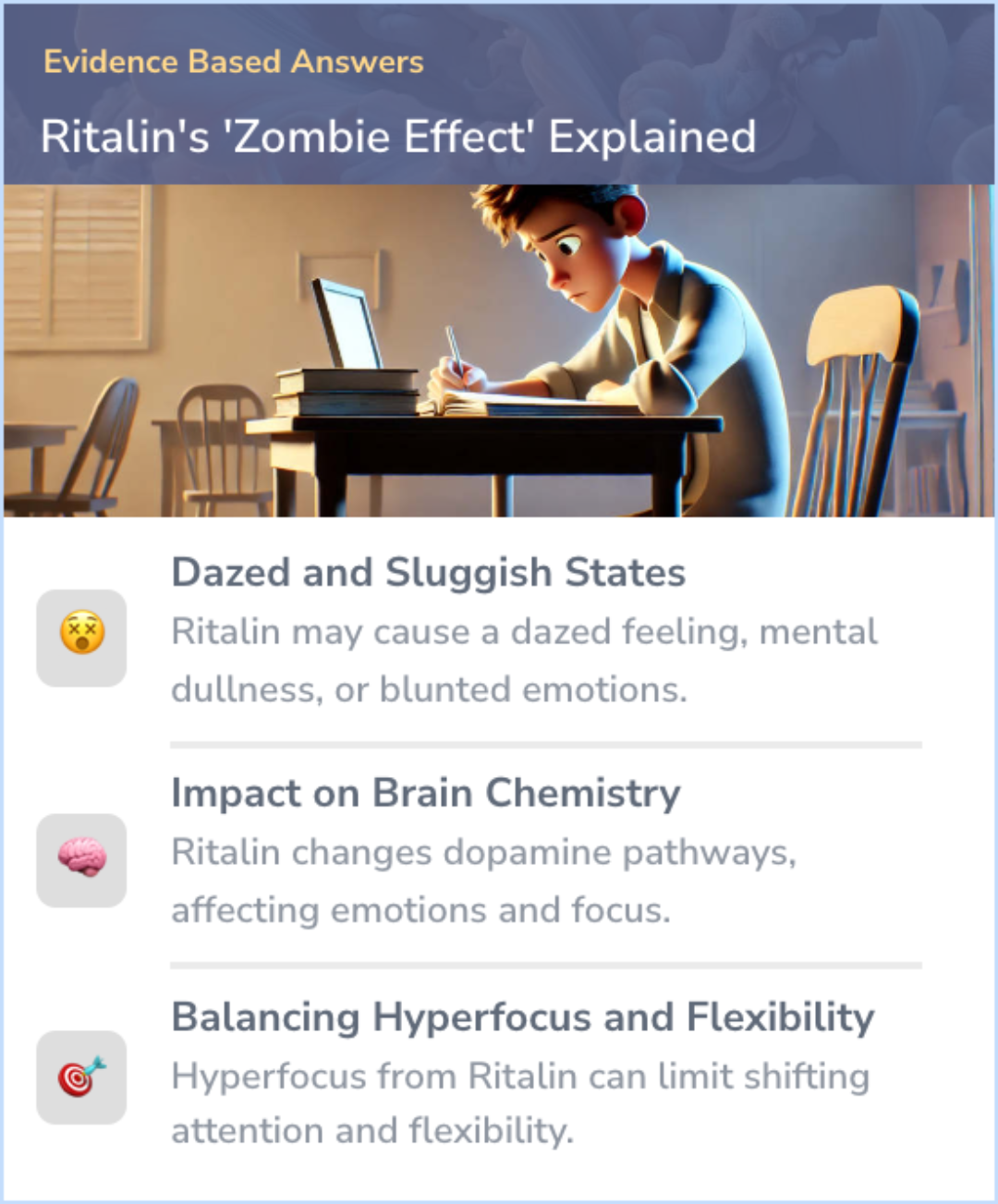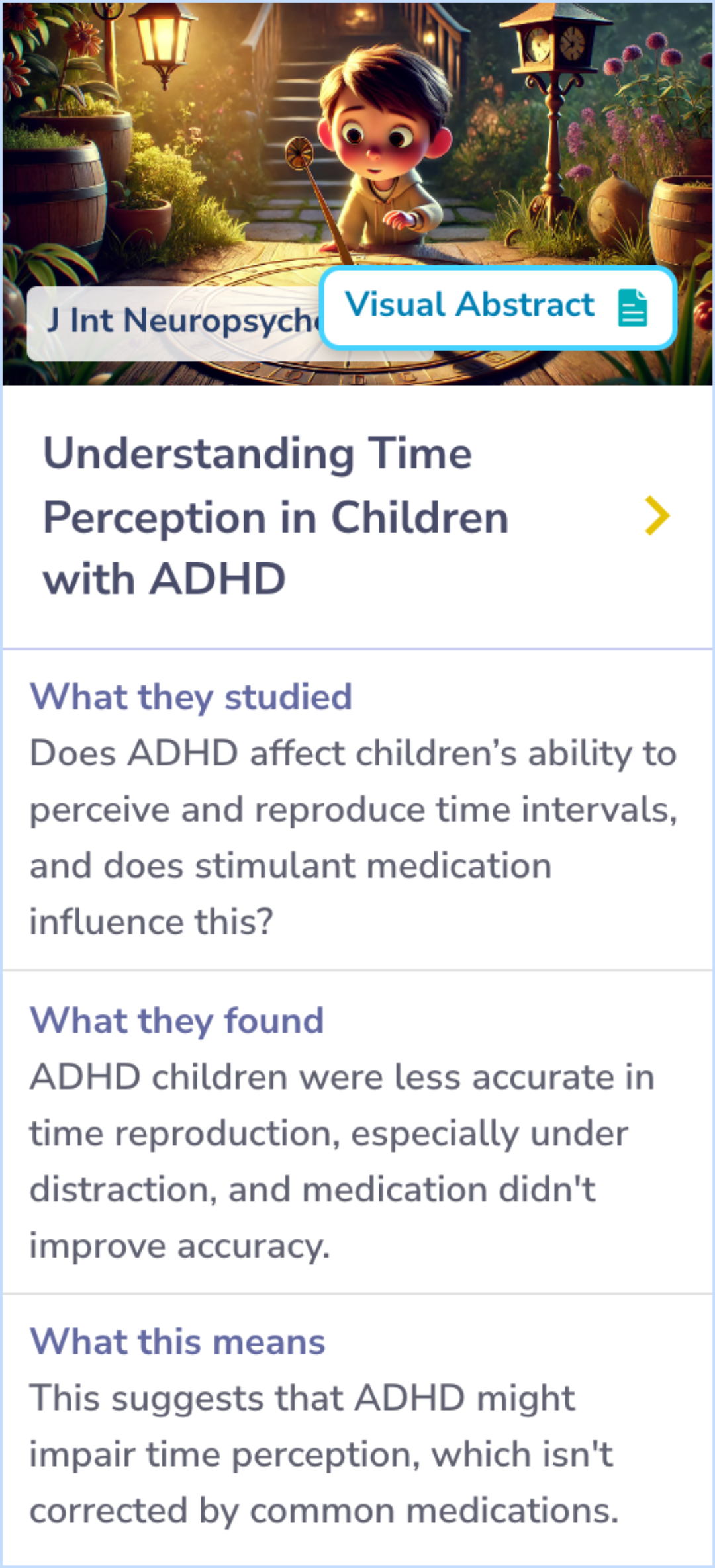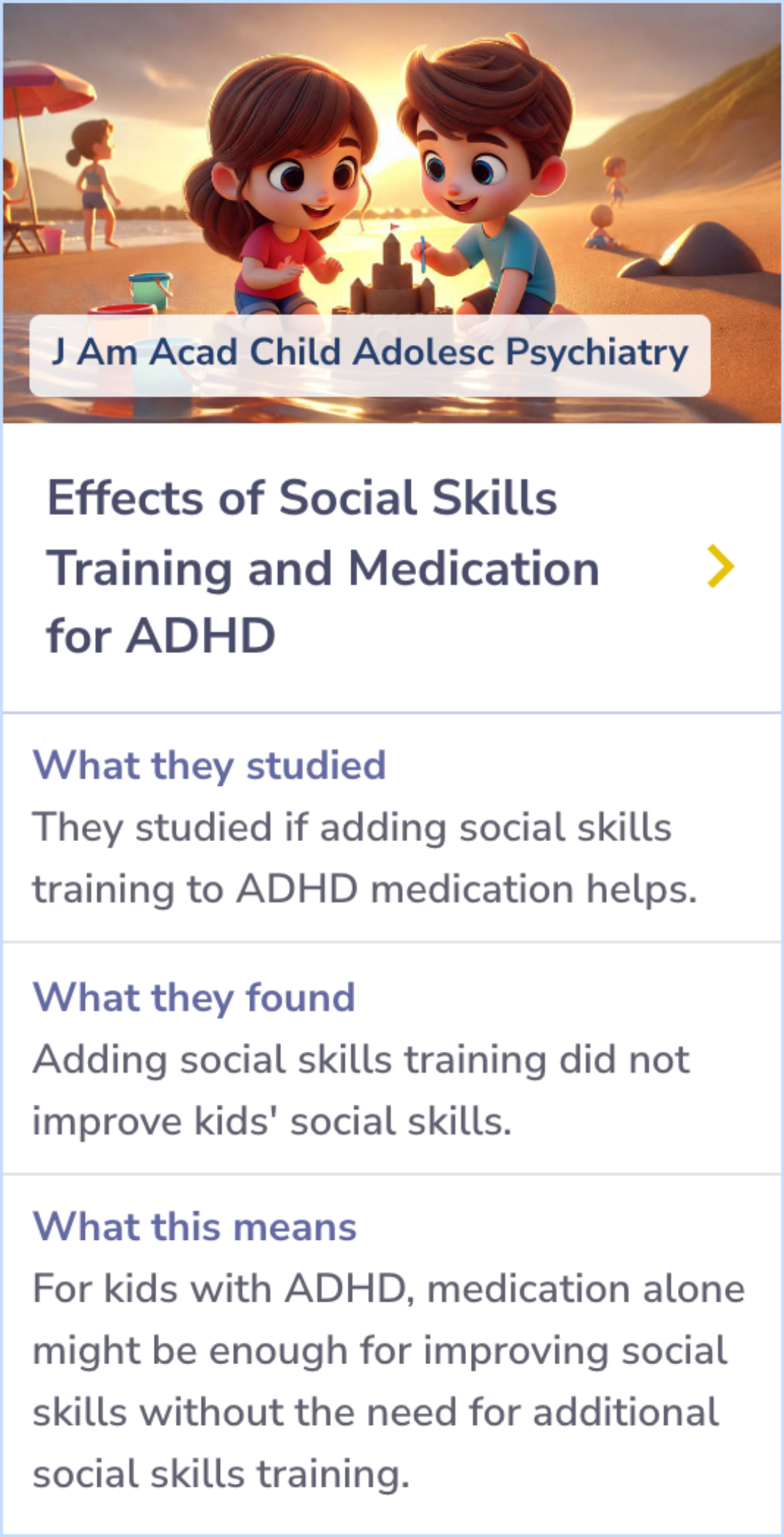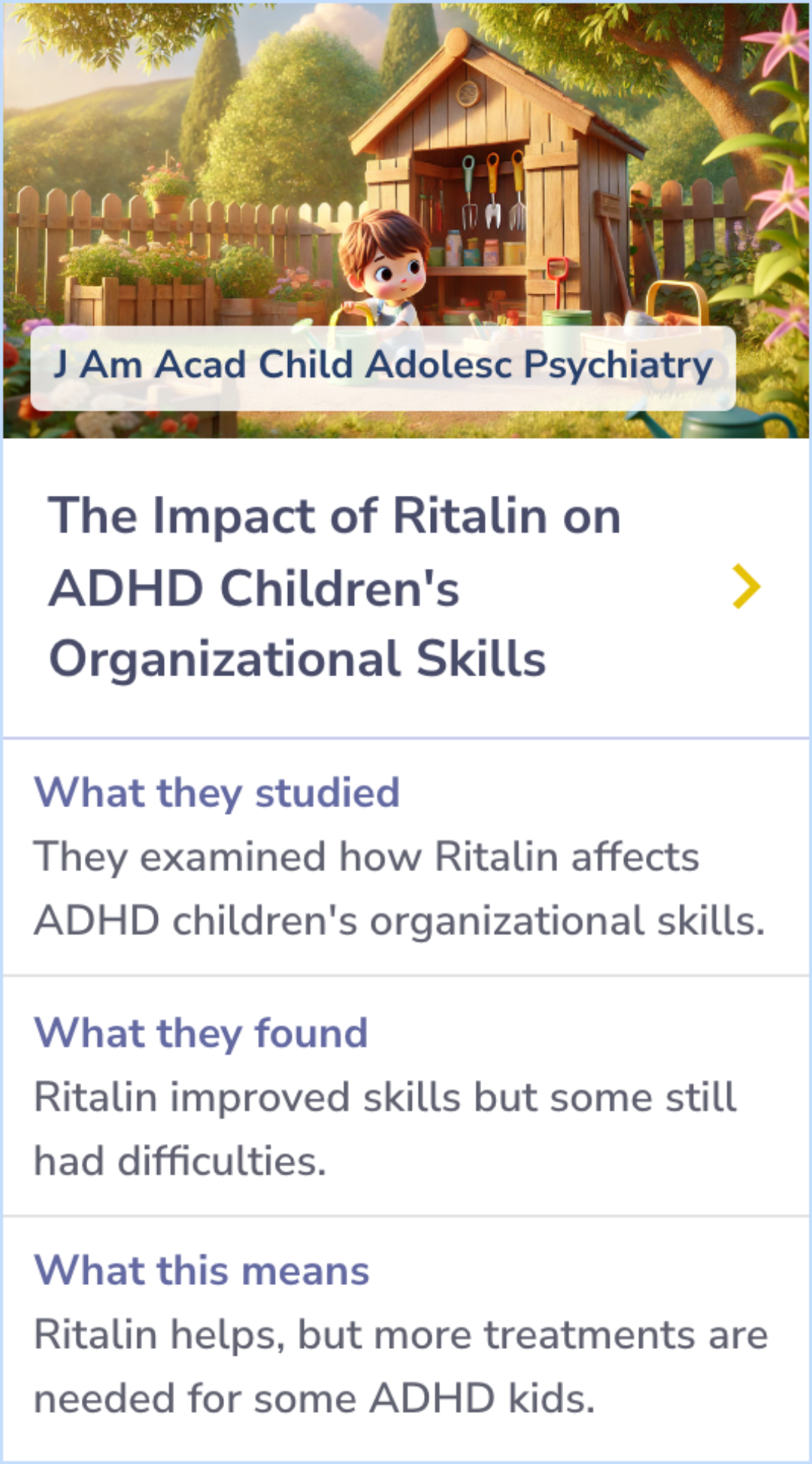Ritalin
Evidence Based Answers
What is the zombie effect on Ritalin?
The 'zombie effect' with Ritalin includes feelings of mental dullness, emotional blunting, or intense hyperfocus due to changes in dopamine. Effects vary with dose and sensitivity, causing potential rigid focus and reduced cognitive flexibility.
Published: November 16, 2024
Click to explore a section:

Ritalin can cause sluggishness, affect dopamine, and lead to hyperfocus.
Personal Experiences
Perspectives: Experiencing the Ritalin 'Zombie Effect'
In discussion on the 'zombie effect' of Ritalin, people describe a mix of experiences, ranging from enhanced focus and calmness to emotional blunting and apathy. Some attribute the effect to high dosages or individual differences in medication response.
Others find themselves on autopilot, while some feel overly 'flat.' Perspectives vary, with suggestions for alternative meds or dosage adjustments.
Others find themselves on autopilot, while some feel overly 'flat.' Perspectives vary, with suggestions for alternative meds or dosage adjustments.
Reddit: u/bideogaimes
Sometimes people who have the zombie effect aren't resting properly; the medicine pushes them to function, but they're exhausted and need rest.Understanding the 'Zombie Effect' on Ritalin
The 'zombie effect' refers to a state where individuals on Ritalin may feel emotionally flat, unresponsive, or subdued. This can be a result of changes in dopamine and norepinephrine levels, but it is often due to doses that don't meet the individual's therapeutic needs. Patients frequently report feeling emotionally numb or less spontaneous.
Adjusting medication doses and monitoring symptoms can reduce this effect.
Adjusting medication doses and monitoring symptoms can reduce this effect.
“
Source Quotes:
Patients are more prone to become easily agitated, irritable, or depressed and go through mood swings/lability.
In clinical use, the primary behavioral effects are the reductions of symptoms of ADHD.
How the 'Zombie Effect' Happens
Ritalin works by inhibiting the reuptake of dopamine and norepinephrine, making more of these neurotransmitters available in the brain. This is meant to help improve focus and reduce hyperactivity. However, too much dopamine may lead to emotional blunting, contributing to the 'zombie effect.'
The effect varies depending on the individual and may be influenced by dose adjustments and how the body responds to Ritalin.
The effect varies depending on the individual and may be influenced by dose adjustments and how the body responds to Ritalin.
“
Source Quotes:
Methylphenidate blocks the reuptake of two neurotransmitters, norepinephrine (NE) and dopamine, in presynaptic neurons.
The therapeutic effects of methylphenidate and amphetamine have also been related to their ability to increase extracellular dopamine.
Balancing the Right Dose to Avoid the 'Zombie Effect'
Managing the 'zombie effect' involves adjusting the Ritalin dosage. Too high of a dose can lead to emotional flattening or sedation, while a lower dose might not be effective enough for treatment. Finding the right dose is a key part of treatment.
The response to Ritalin can vary widely between individuals. Clinicians typically begin with the lowest effective dose and increase it gradually to balance symptom control and side effects.
This approach helps manage both the symptoms and any emotional side effects.
The response to Ritalin can vary widely between individuals. Clinicians typically begin with the lowest effective dose and increase it gradually to balance symptom control and side effects.
This approach helps manage both the symptoms and any emotional side effects.
“
Source Quotes:
Doses that exceed 60 mg of the IR (immediate-release) formulation or 120 mg of the ER (extended-release) formulation can be considered toxic.
Context will have a large effect on response to methylphenidate.
Background: Psychosis
Stimulants like Ritalin can cause new psychotic or manic symptoms in children or teens, even without previous history. These symptoms, which include hallucinations or delusional thinking, are rare and reported in about 0.1% of patients during short-term studies.
Stimulant medications may exacerbate symptoms of behavioral disturbances and thought disorders. While such reactions are uncommon, they are serious matters that require attention, especially when changes in thought processes or behavior occur in patients.
Stimulant medications may exacerbate symptoms of behavioral disturbances and thought disorders. While such reactions are uncommon, they are serious matters that require attention, especially when changes in thought processes or behavior occur in patients.

Key Takeaways
Conclusions
The 'zombie effect' from Ritalin is linked to experiences of feeling sluggish or overly focused, often leading to difficulty in shifting attention.
These effects arise from alterations in dopamine and norepinephrine pathways in the brain, affecting users differently based on dosage and individual sensitivity. While Ritalin can enhance focus, it can also cause emotional blunting and cognitive challenges when not properly balanced.
These effects arise from alterations in dopamine and norepinephrine pathways in the brain, affecting users differently based on dosage and individual sensitivity. While Ritalin can enhance focus, it can also cause emotional blunting and cognitive challenges when not properly balanced.

Evidence Summary
Time Perception Challenges in ADHD Children
Children with ADHD often struggle to accurately reproduce time intervals, especially when distracted. Unlike their peers without ADHD, they showed significant declines in accuracy under distraction. Both groups found it harder to reproduce longer intervals.
Tests with methylphenidate (MPH) did not improve accuracy for ADHD children, suggesting the medication's limited effect on their timing precision, particularly during tasks with increasing durations.
Tests with methylphenidate (MPH) did not improve accuracy for ADHD children, suggesting the medication's limited effect on their timing precision, particularly during tasks with increasing durations.
Evidence Summary
Social Skills Training vs. Medication for ADHD
Researchers explored whether adding intensive social skills training to ADHD treatment with methylphenidate boosts children's social functioning compared to medication alone or with less-targeted psychosocial support. The study followed 103 children over two years but found no added benefit for social skills training. Notably, all treatment groups showed lasting improvements in social function, suggesting stable benefits from methylphenidate itself.
Social function was assessed using feedback from parents, teachers, and direct school observations, highlighting consistent progress regardless of the added interventions.
Social function was assessed using feedback from parents, teachers, and direct school observations, highlighting consistent progress regardless of the added interventions.
Evidence Summary
Ritalin Improves Organizational Skills but Challenges Remain
Ritalin helped improve the organizational skills of children with ADHD, particularly in time management and planning, but not all children showed the same level of improvement. Even after treatment, 61% of children still faced significant challenges in these areas. The study found a clear connection between Ritalin's impact on organizational skills and a reduction in ADHD symptoms. However, some children continued to struggle, highlighting the need for additional support.
The results show that while Ritalin can benefit children's organizational skills, a subset of children may still require further interventions to address remaining challenges in these areas.
The results show that while Ritalin can benefit children's organizational skills, a subset of children may still require further interventions to address remaining challenges in these areas.


